Read the latest news from campus: How campus units are collaborating to provide PPE for medical staff • UCLA researchers and global effort to test therapies • A summary of the "CARES Act" Congress signed into law and Gift Planning news. read more
UCLA charitable gift annuities-Higher rates effective January 1, 2024! For more information, contact [email protected] or 800-737-8252
Ways to Give
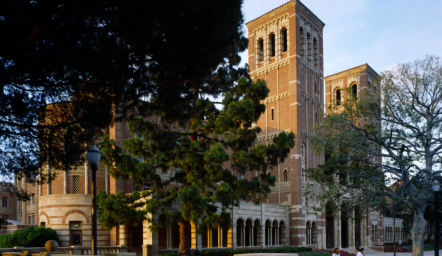
Support UCLA through your Estate
A flexible way to build a meaningful legacy and strengthen the university and its mission. read more
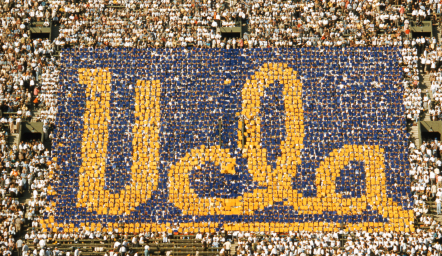
Give and Receive Income and Tax Advantages
A life income gift allows you to give assets to UCLA while providing yourself or others with income for life or a set period of time. read more
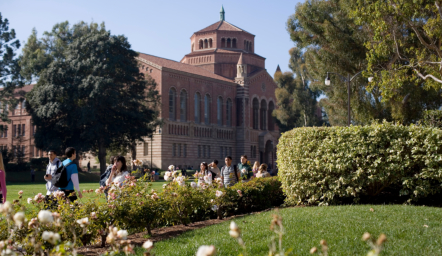
Give and Receive Tax Benefits
Some types of planned gifts provide you with significant tax advantages. read more
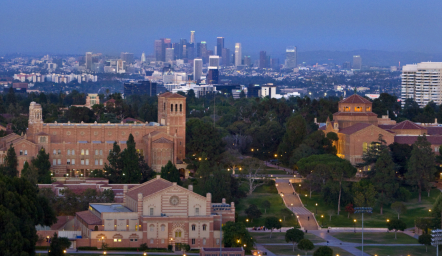
Assets to Give
You can fund your legacy gift with many types of assets: appreciated securities, real estate, retirement plans, and other possibilities. read more
Donor Stories
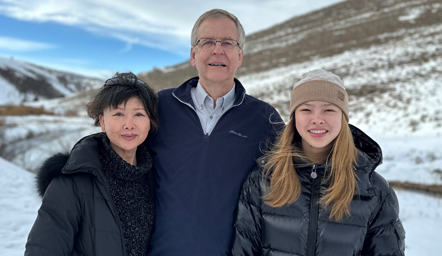
A Life-Changing Gift
Read about why and how Ed Griganavicius decided to support UCLA with a bequest. read more
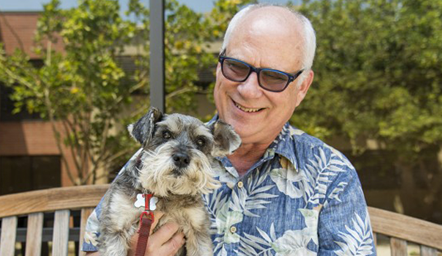
Composing a Legacy
Read about why and how Professor Mark Carlson decided to support UCLA with a bequest. read more
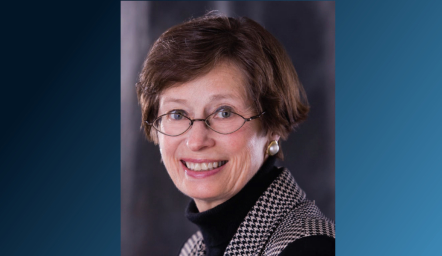
A Legacy for Loved Ones
Read about why and how Bronwyn Bateman decided to support UCLA with a bequest. read more
UCLA News

Clark Library
William Andrews Clark Memorial Library has undergone an extensive seismic retrofit and brought into compliance with the ADA. read more

Memory and Mood
A study conducted by UCLA researchers shows curcumin improved memory and mood. read more

Black Men in White Coats
UCLA joins campaign to inspire underrepresented minority students to become physicians. read more



